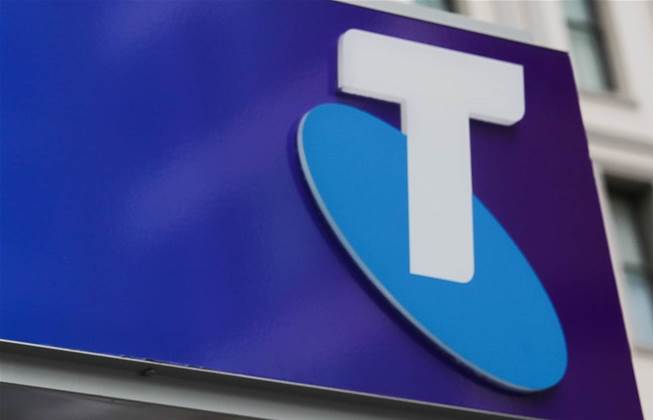Telstra is set to cut up to 2800 roles from its “direct workforce” by the end of the calendar year.

The telco said that 377 roles attached to its Enterprise business are most immediately impacted, coinciding with plans to reduce the number of network applications and services (NAS) products it sells by two-thirds.
The Enterprise business unit had been under review, due to lower-than-expected spending by enterprise customers.
The telco also said in February that it faced “cost pressures” in achieving a previous transformation target, which had it looking inward to find additional savings.
The net effect of those headwinds is a reduction of “up to 2800” jobs, or nine percent of its 31,000-strong workforce.
CEO Vicki Brady said the cuts were “necessary to ensure Telstra could continue to make the investments needed to support the ever-increasing growth in data volumes on its networks and deliver improved connectivity for customers across the country.”
“I appreciate the uncertainty proposed changes like this can create for our people and we will support them through this change with care and transparency,” she said.
“As we propose specific changes, we will talk them through with our teams and union representatives first.”
Outside of the initial 377 cuts, Brady told a media conference that plans for the remaining reductions would be outlined mid-year.
"We will continue to work through the details as fast as we can on the remaining proposed changes, and I anticipate being able to update our employees around mid-July," she said.
Brady said the changes are "difficult but necessary. We need to be a more sufficient and sustainable business," she said.
She said that impacted staff would be offered "industry-leading redundancy packages" as well as "career transition support, which will include ongoing access to learning over a six-month period post leaving Telstra to help move to their next role."
"Out of the blue"
Telecommunications unions were caught off-guard by the scale of the cuts.
"This has completely come out of the blue," Communication Workers Union (CWU) national assistant secretary James Perkins said.
"There are going to be thousands of workers and their families terrified today about what this means for them and their future."
Perkins said the cuts represented "a disaster" for the workforce as well as for the telco's customers.
“You can’t axe 2800 jobs and not expect it to have an impact on service delivery,” Perkins said.
“While the detail of where exactly these jobs are being cut from is still unclear, one thing is certain – you can't slash thousands of jobs without seriously impacting the delivery of services across the country. Telstra has to answer to this.”
Perkins said the CWU is "seeking meetings" with Telstra.
Brady said that the changes did not impact customer service "commitments".
Business unit changes
In addition to a “reset of Telstra Enterprise”, Telstra indicated it will look to “reshape some of its internal operations”.
This was flagged back in February, but a key change to occur under that is to the telco’s global business services function, which will “move… into other parts of the business.”
“This will help simplify processes and empower leaders closest to customers to make more decisions,” Telstra said.
The telco said it would also focus “on a range of actions to reduce its non-labour and indirect labour costs”, though it did not specify the nature of this work.
Telstra had previously said it would rein in the costs of its IT operations. This appears to have been done through two agreements with Cognizant and Infosys in as many weeks.
While both announcements were relatively vague, it became clearer over the weekend that the Infosys agreement includes a new "Telstra software engineering centre at Infosys Bangalore".
Telstra said it expects the cuts and restructures to contribute $350 million to its cost reduction ambitions by the end of FY25.
It will incur “one-off restructuring costs” of between $200 million and $250 million for this financial year, as well as FY25.



.jpg&h=140&w=231&c=1&s=0)


















